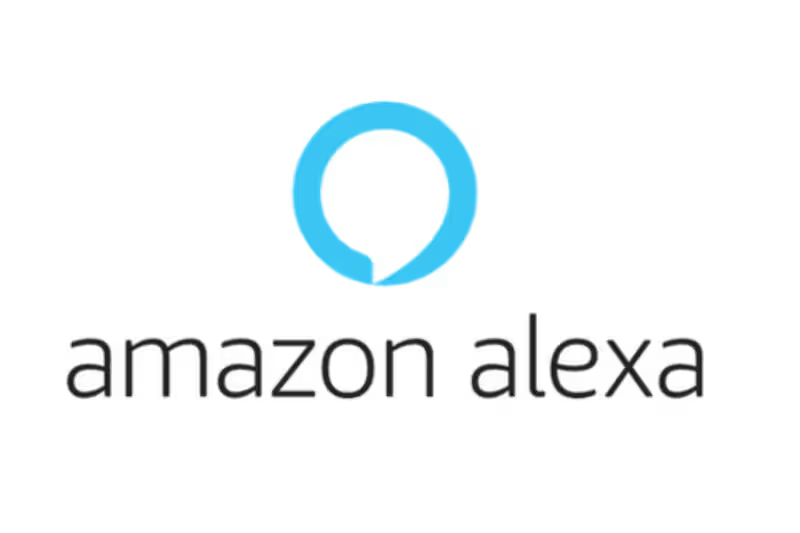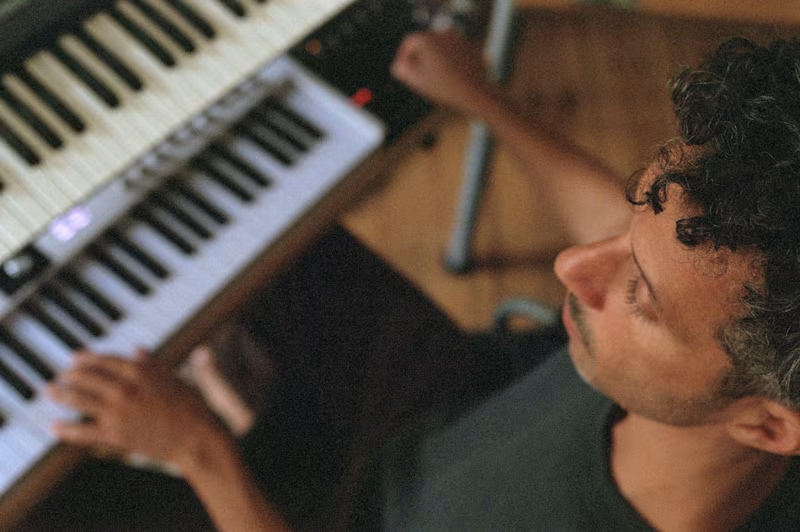What should I consider when defining the audio engineer's roles?
Think about what you need for your project. Are you looking for someone to mix, master, or both? Define clear tasks so the audio engineer knows exactly what to do. This helps make sure both you and the engineer have the same expectations.
How can I evaluate an audio engineer's portfolio?
Listen to their previous work carefully. This shows you their style and skill level. Make sure their past projects match the sound you're looking for in your project.
What's the importance of setting a project timeline?
Setting a timeline helps keep the project on track. Discuss deadlines with the audio engineer so you both understand the schedule. This makes sure everyone knows when parts of the project are due.
How should I communicate project expectations?
Be clear and simple when explaining what you need. Use examples or references to show the sound you want. Confirm the audio engineer understands your vision and agrees with the goals.
What deliverables should I expect from an audio engineer?
Expect previews or drafts to check and give feedback. At the end, you'll get the final audio files. Make sure to agree on the format and quality of these files.
Why is it important to review licenses and rights?
Understanding licenses and rights ensures you can use the audio legally. Talk about who owns the final product. Clear agreements protect both you and the audio engineer.
How can I confirm the audio engineer's availability?
Ask about their current workload. This helps you see if they can meet your deadlines. Ensuring availability is important for a smooth project process.
What technical requirements should I share?
Tell the audio engineer about any software or equipment needs. This way, they know if they have the right tools. Sharing these details avoids any technical problems later.
How do I create a feedback process?
Set up regular check-ins to review progress. This allows you to give feedback and make adjustments. A feedback process helps keep the project aligned with your vision.
Who is Contra for?
Contra is designed for both freelancers (referred to as "independents") and clients. Freelancers can showcase their work, connect with clients, and manage projects commission-free. Clients can discover and hire top freelance talent for their projects.
What is the vision of Contra?
Contra aims to revolutionize the world of work by providing an all-in-one platform that empowers freelancers and clients to connect and collaborate seamlessly, eliminating traditional barriers and commission fees.





























































